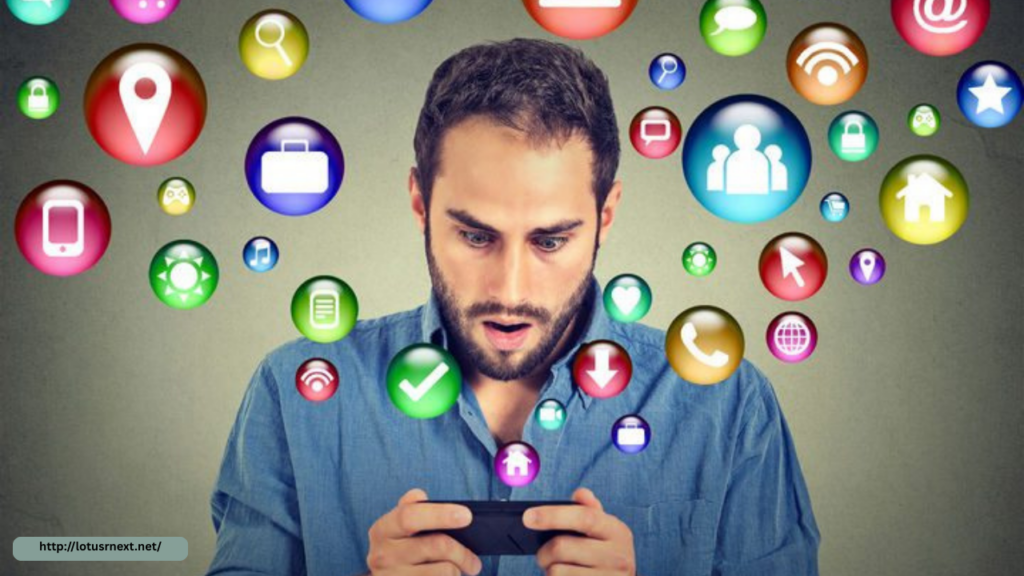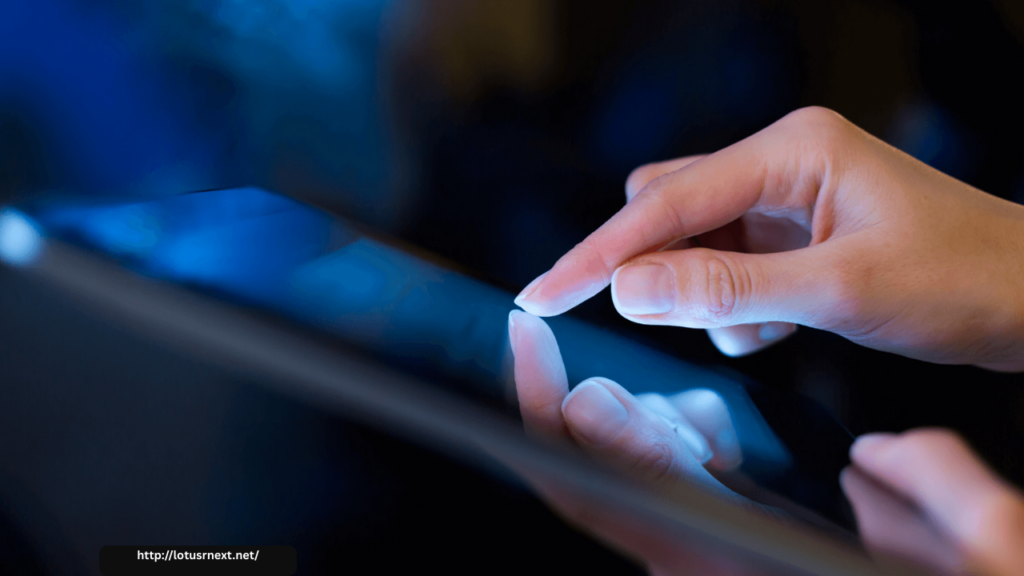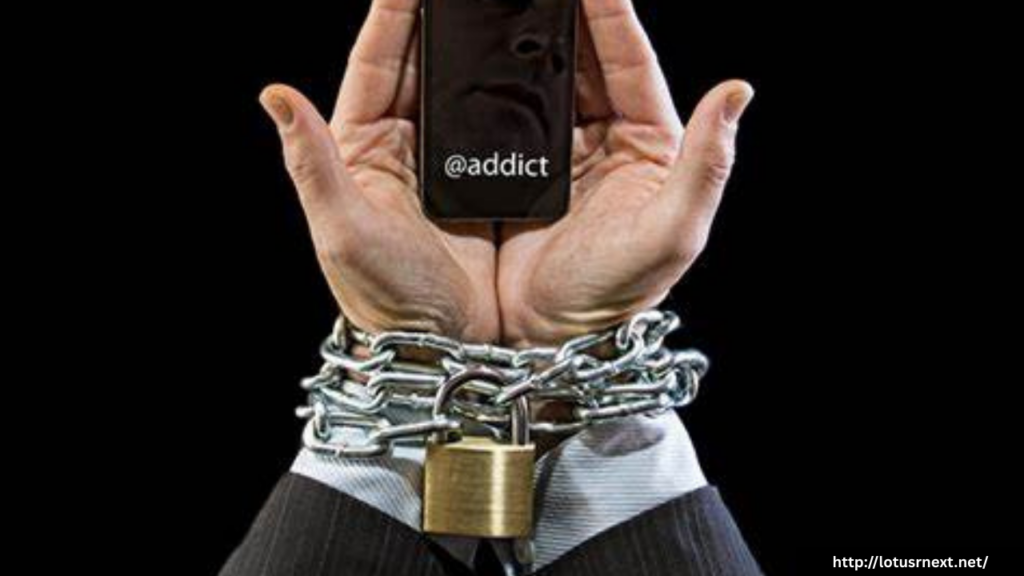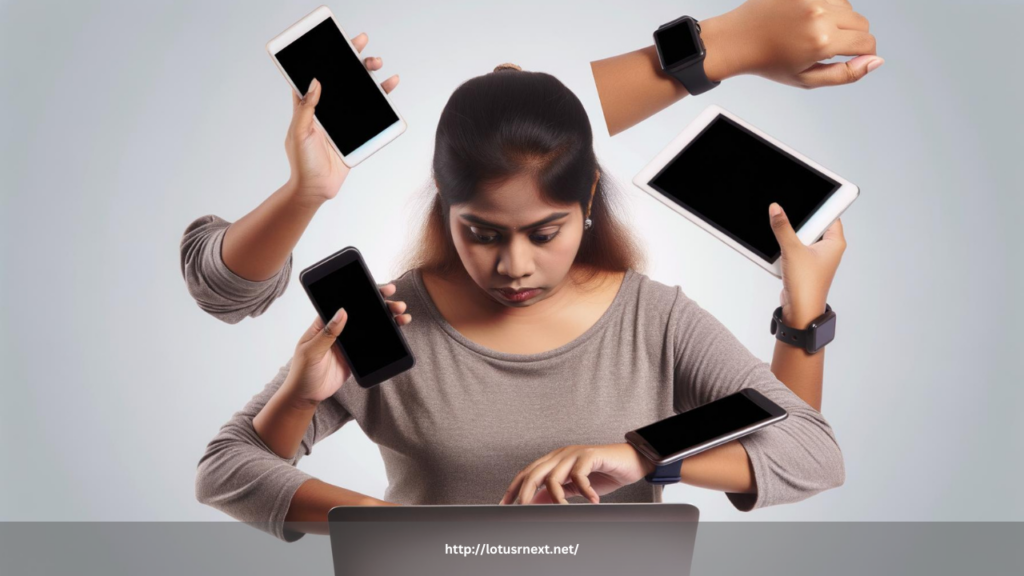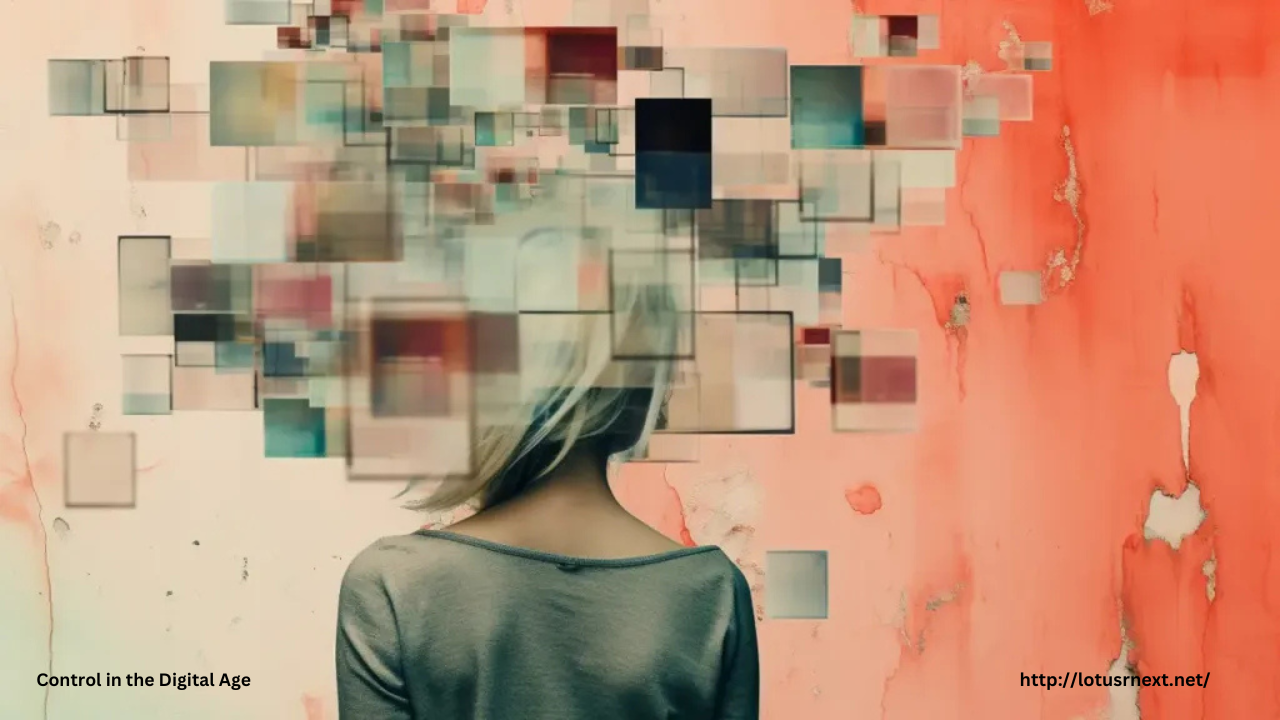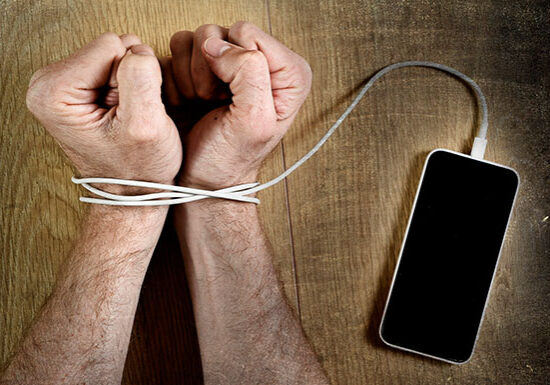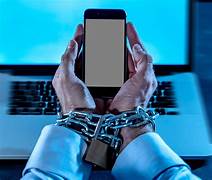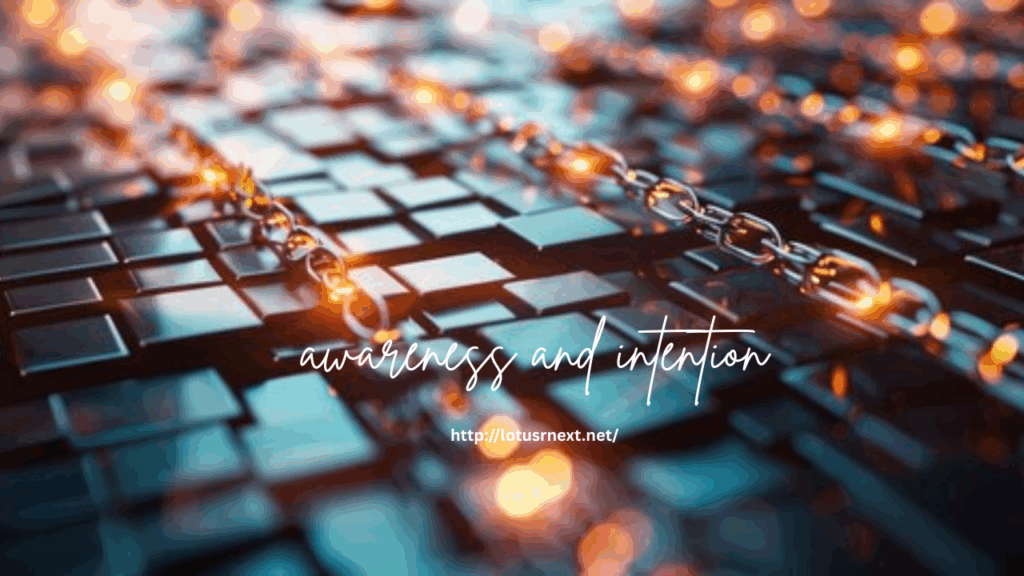
When the internet first entered our homes and pockets, it felt like a lifeline — a gateway to information, communication, and freedom. Smartphones connected us instantly to loved ones, digital apps streamlined our lives, and social platforms brought the world to our fingertips. But over time, what once felt liberating has become a source of quiet captivity. Many now find themselves trapped by the very tools meant to empower them, caught in a cycle of compulsive scrolling, constant notifications, and screen-induced anxiety.
We are living in a paradox. Technology has the power to enhance our lives, yet it increasingly shapes our habits, emotions, and even identities in ways we don’t fully control. A quick glance at the phone often turns into a 30-minute rabbit hole. Checking one message leads to ten tabs open. Work hours bleed into personal time. Sleep is sacrificed for “just one more” video. The digital world doesn’t rest — and neither do we.
This shift from lifeline to life sentence isn’t accidental. Many digital platforms are intentionally designed to keep users engaged for as long as possible. Infinite scroll, push notifications, and algorithm-driven feeds are not neutral tools — they are persuasive technologies crafted to exploit our attention. In this digital prison, we are both the prisoners and the guards, complicit in our own overuse and aware of its cost, yet often unable to stop.
The consequences are real and growing. Mental health issues such as anxiety, depression, and digital burnout are on the rise. People report feeling isolated despite being constantly connected. Productivity suffers due to endless digital distractions. Even physical health is affected, as screen time displaces exercise, rest, and real-world interaction. Most troubling of all is how this digital dependence chips away at our autonomy. When our choices, moods, and behaviors are subtly shaped by algorithms, how much of our life is truly ours?
But there is a way out. Breaking free from digital chains begins with awareness and intention. We must first recognize how deeply technology has entangled itself into our daily routines — and acknowledge that reclaiming our freedom will take effort, not just settings and apps.
Start by creating tech-free spaces and times. Protect your mornings or evenings from screens. Turn off non-essential notifications. Replace passive scrolling with intentional digital use — whether that’s reading, learning, or creating. Consider digital detox periods, even if only for a few hours a week, to reset your relationship with technology.
Most importantly, reconnect with the offline world. Invest in face-to-face relationships, immerse yourself in nature, engage in hobbies that bring joy and presence. These are the antidotes to digital dependency — real experiences that ground us and restore our sense of control.
Technology should support our lives, not dominate them. From lifeline to life sentence doesn’t have to be the story we accept. With conscious effort and boundary-setting, we can reclaim our time, focus, and well-being — and rediscover the freedom we once believed technology would bring.
